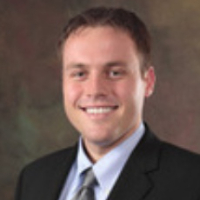North Fork Trusts Lawyer, California
Sponsored Law Firm
-
 x
x

Click For More Info:
-
Law Office of Timothy J. Doherty
10 Crater Lake Ave Medford, OR 97504» view mapEstate Law Experience You Can Trust
The topic of wills and trusts can be confusing, but my job is to help you decide what’s right for you. Call me to set up a free consultation.
800-878-0640
John William Hastrup
✓ VERIFIEDCriminal, Estate, Trusts, DUI-DWI, Felony
Smart Criminal Defense
Local attorney with 15 years of legal experience. Educated at Harvard College and Berkeley Law School. Most importantly, I spend nearly every day in t... (more)
Adam Michael Van Dusen
Trusts, Estate, Non-profit, Reorganization
Status: In Good Standing Licensed: 11 Years
Andrew Stephen Kucera
Commercial Real Estate, Trusts, Estate, Elder Law
Status: In Good Standing Licensed: 11 Years
Anna Rachelle Barcus Allen
Industry Specialties, Trusts, Employment, Business
Status: In Good Standing Licensed: 9 Years
 Timothy J. Doherty Medford, OR
Timothy J. Doherty Medford, OR Practice AreasExpertise
Practice AreasExpertise

